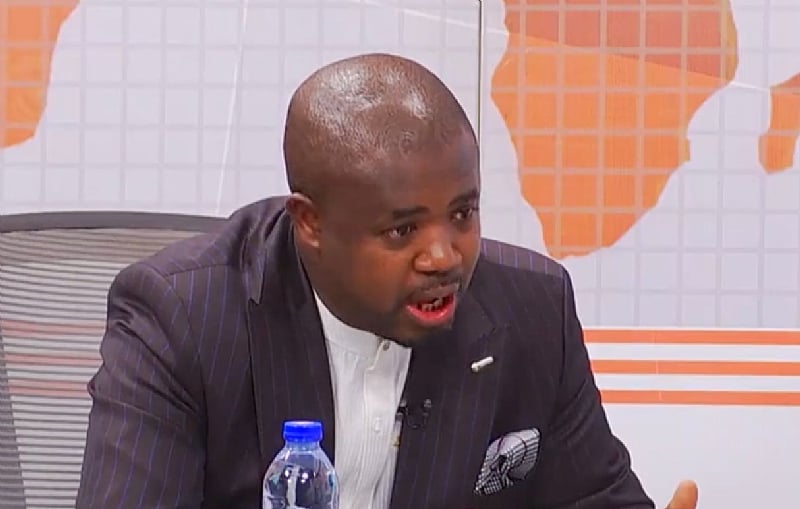Dr. Mahamudu Bawumia, former Vice President of Ghana, recently penned an open letter to President John Dramani Mahama, expressing deep concern over what he termed politically motivated dismissals within the public sector. This letter, titled “Worrying Developments in Our Country: An Appeal to H.E. President John Dramani Mahama,” highlighted Bawumia’s apprehension regarding the current administration’s approach to staffing changes, suggesting a pattern of politically driven dismissals impacting the livelihoods of numerous public servants. Bawumia’s letter implicitly called for a more considered approach to personnel changes, advocating for fairness and due process within the public sector. He framed the issue as a matter of national importance, urging President Mahama to address these concerns and safeguard the integrity of public service.
Lawyer Edudzi Kuzo Tamakloe, Acting Chief Executive Officer of the National Petroleum Authority (NPA), responded critically to Bawumia’s open letter, questioning the efficacy and sincerity of his chosen method of communication. Tamakloe, via a social media post, suggested a more direct and potentially impactful approach, proposing that a private phone call between Bawumia and President Mahama would have been more appropriate and potentially more productive. He implied that the public nature of the letter suggested a performative aspect to Bawumia’s concerns, questioning whether genuine dialogue and resolution were the primary objectives.
Tamakloe’s critique went beyond the communication method, challenging Bawumia’s moral standing to criticize the current administration’s actions. He pointed to alleged similar practices during Bawumia’s tenure as Vice President, specifically referencing purported mass dismissals in 2017. Tamakloe argued that Bawumia’s silence and perceived inaction during that period undermined his current criticism of President Mahama. He accused Bawumia of exhibiting a lack of leadership in 2017, suggesting that he failed to advocate for those affected by job losses within the public sector under the previous administration.
The core of Tamakloe’s argument rested on the principle of consistency and accountability. He asserted that Bawumia’s present concerns regarding politically motivated dismissals lacked credibility given his alleged complicity in similar actions during his own time in government. This, according to Tamakloe, weakened Bawumia’s moral authority to criticize the Mahama administration on this specific issue. He implied that Bawumia’s current stance was opportunistic and lacked the foundation of consistent principle.
Tamakloe’s response further emphasized the shared responsibility of political leaders towards the young people of Ghana. He underscored the importance of fostering a stable and equitable employment landscape within the public sector, arguing that arbitrary dismissals based on political affiliations undermine this goal. He directly addressed Bawumia, stating that he missed an opportunity in 2017 to demonstrate leadership by addressing the issue of politically motivated job losses. This, according to Tamakloe, casts doubt on the sincerity of Bawumia’s current concerns.
The exchange between Bawumia and Tamakloe highlights the complex and often contentious nature of political discourse in Ghana. It also underscores the sensitive issue of employment within the public sector, particularly the potential for politically motivated hiring and firing practices. This debate raises important questions about accountability, transparency, and the role of political leaders in ensuring fairness and stability within the public service. The public nature of this exchange further emphasizes the importance of these issues within the broader political landscape of Ghana.


